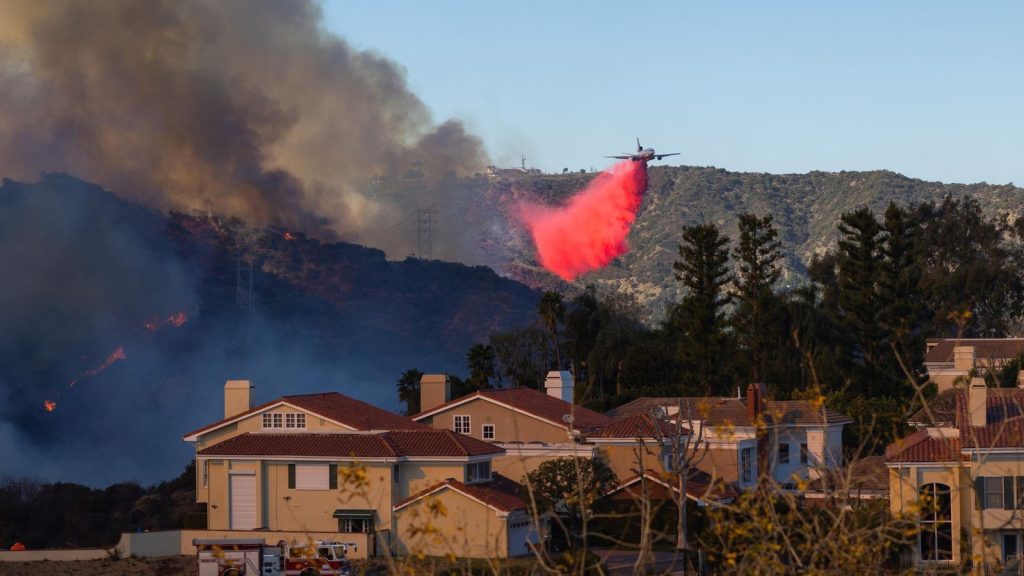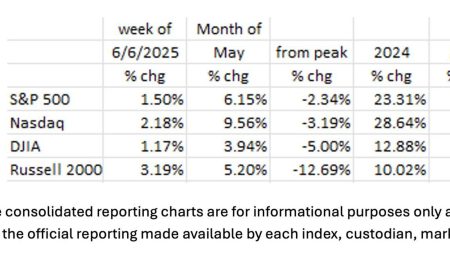The Great Fire of London in 1666 saw Samuel Pepys bury his valuables, a stark reminder of the precariousness of possessions in the face of disaster. This image resonates powerfully today, particularly amidst the devastating wildfires that have ravaged Los Angeles, prompting reflections on the role of money in times of crisis, whether triggered by natural forces, conflict, or cyberattacks. The question becomes: what is the most reliable way to access essential resources when established systems fail? The impulsive reaction might be to revert to tangible assets, mimicking Pepys’ actions, perhaps burying a hardware wallet containing cryptocurrency. However, recent events, like the loss of digital assets by individuals fleeing the California wildfires, highlight the limitations of this approach. These incidents underscore the enduring reliability of traditional banking systems, which remain accessible even when physical documents are destroyed, prompting a reassessment of the practicality of self-banking in crisis scenarios.
The notion of burying assets, while seemingly prudent, raises practical questions. Even if businesses accepted cryptocurrency, how would transactions occur without network connectivity? Moreover, the limitations of physical currency become apparent in disasters. While cash might seem like a dependable fallback, it becomes especially vulnerable in large-scale disruptions. Consider the devastating market fire in Nigeria where traders lost their cash holdings, leaving them with no financial recourse. Even the seemingly safe act of burying cash carries risks, as evidenced by the unfortunate tale of the Chinese pensioner whose buried savings were destroyed by insects. These examples demonstrate the vulnerability of both physical currency and digital assets in disaster scenarios, emphasizing the need for a more resilient and accessible financial system.
While personal experiences in relatively disaster-free regions might lead to complacency, the experiences of others highlight the importance of preparedness. The 2011 tsunami in Japan, for example, revealed the surprising resilience of electronic payment systems. While the disruption caused temporary issues with card networks, offline electronic money systems continued to function as long as power was available, often through backup systems. In this case, individuals relying solely on cash suffered significantly greater losses. Similarly, China’s response to the 2022 floods, deploying drones to maintain communication networks, and the increasing availability of satellite-based communication systems, demonstrate the potential of technology to bolster financial resilience in disasters. These examples suggest that electronic payment systems, when appropriately designed, can offer greater resilience than cash in disaster situations.
Furthermore, the emphasis on preserving financial assets overlooks the critical importance of personal identification. The loss of a passport or driver’s license can create substantial difficulties, especially in the aftermath of a disaster. While the loss of cash or cards is easily remedied, the absence of identification documents can severely restrict access to essential services and impede recovery efforts. This highlights a crucial aspect of disaster preparedness that often goes overlooked: securing and safeguarding personal identification is paramount. This becomes even more complex in the digital age, where the loss of a self-sovereign digital identity could present even greater challenges.
The resurgence of geopolitical tensions, particularly in Europe, has sparked renewed debate about the role of cash in times of conflict. Fears of invasion or cyberattacks have led some to advocate for holding cash reserves as a safeguard against potential disruptions to electronic payment systems. However, expert opinion suggests that this approach may be misguided. Professor Hans Liwång of the Swedish Defence University argues that there is a lack of evidence supporting the superiority of cash over electronic payments in modern conflict scenarios. He cites the example of Ukraine, where digital systems have proven crucial for maintaining resilience despite ongoing physical and cyberattacks. This reinforces the idea that embracing technological solutions, rather than reverting to traditional methods, is essential for navigating contemporary threats.
The key takeaway from these diverse disaster scenarios is not a wholesale return to cash, but the development of a robust and accessible person-to-person, or device-to-device, payment system that functions independently of traditional infrastructure. A central bank digital currency (CBDC) designed to operate offline, even in the absence of network connectivity, electricity, or clearing systems, could offer a critical solution. This digital alternative must go beyond the functionality of a prepaid debit card, enabling transactions even during network outages, cyberattacks, or extended power cuts. The Chinese digital currency exemplifies this approach, allowing payments and transfers using devices with secure microchips or smart cards provided by banks. This model offers a practical and potentially life-saving solution in disaster situations, enabling individuals to access essential goods and services even when traditional financial infrastructure is compromised. The future of disaster preparedness lies not in burying valuables, but in harnessing technology to create a more resilient and inclusive financial ecosystem.










